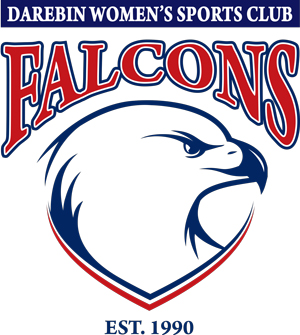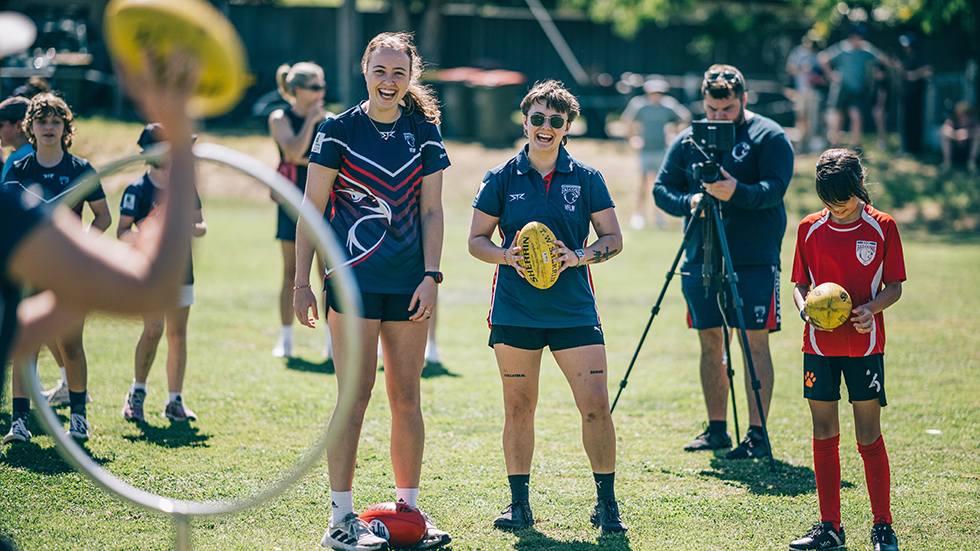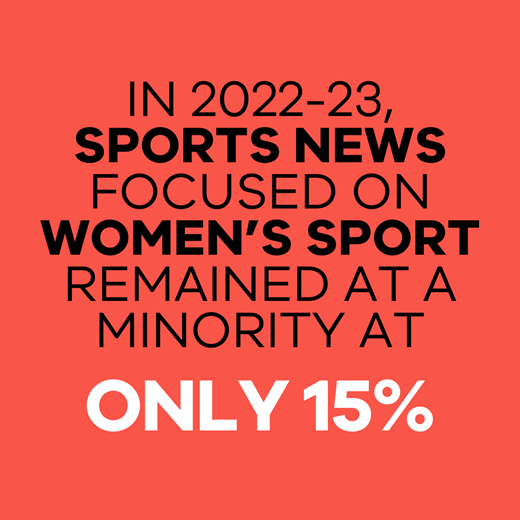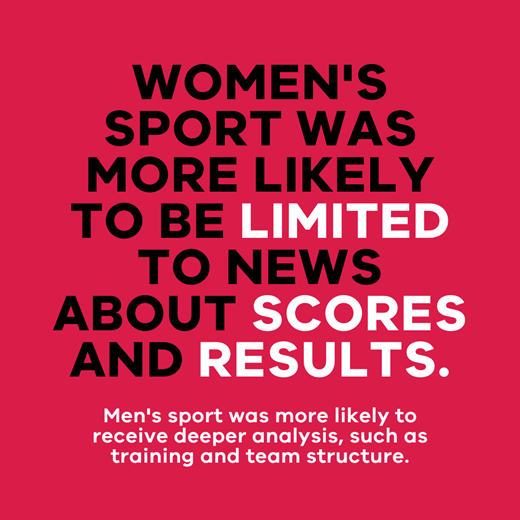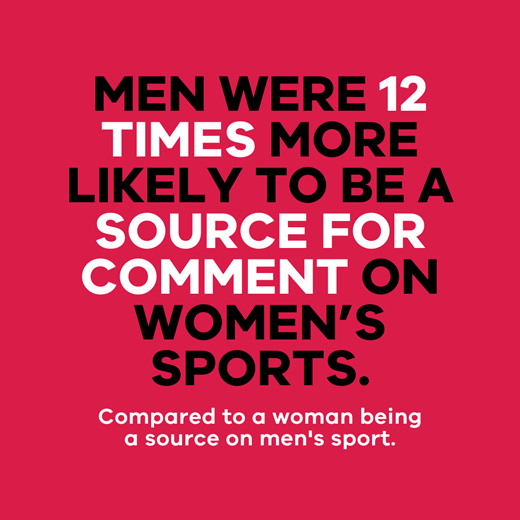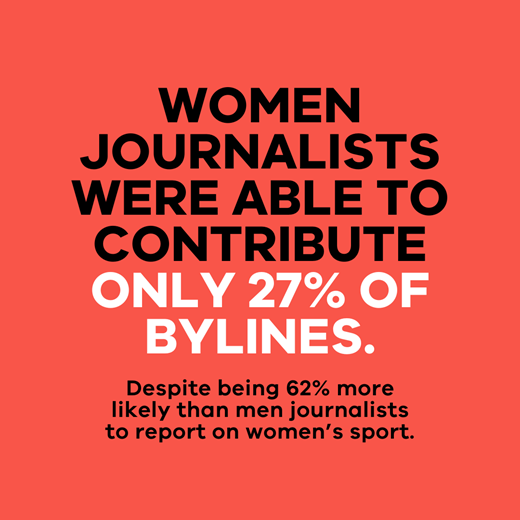They say you can’t be what you can’t see.
But in 2022-23, just 15% of sports news coverage in Victoria was focused on women’s sport.
Earlier this month, the Office for Women in Sport and Recreation launched research, ‘The Conversation of Sport: Representation of Women in Sports News Coverage 2022-23.
This research sets a new baseline for the representation of women in sport news coverage in Victoria, after analysing more than 34,600 pieces of media in the year leading up to the FIFA Women’s World Cup.
The highlights? (or perhaps lowlights?)
Just 4 of the top 20 sports by volume of coverage were found to have what has been described as ‘at least gender balanced coverage.’
Female athletes were more likely to be described with traits like ‘quiet achiever’ and ‘hard worker’ as well as ‘punching above their weight.’
Across print, online, radio and TV news, 5.4 pieces of sports news was being created for every one piece on women’s sport.
Men were also found to be 12 times more likely to comment on women’s sport, than women commenting on men’s sport (excluding comments by athletes).
What does this mean? There’s still a long way to go. According to The Office for Women in Sport and Recreation, achieving a gender balanced media landscape requires ecosystem change across media and sport.
“The Falcons’ foundations were built on a desire to ensure women and girls always felt welcomed and truly valued every time they laced up their boots,” said Club President Jane Ryan.
“We stand for and alongside every female and gender diverse athlete who has ever experienced anything less than this.
“We will continue to take every opportunity to influence positive change in the coverage of women in sports news, within our community,” said Ryan.
What can you do? Challenge the status quo by adding your voice to calls for progress. And support media and sporting organizations that are delivering better coverage, and better outcomes.
This is about so much more than sport. Sure, we are worlds apart from where we started. Girls of today can grow up with dreams of becoming an AFLW player or a Matilda. But we want a future free from gender norms and stereotypes for our girls of tomorrow.
